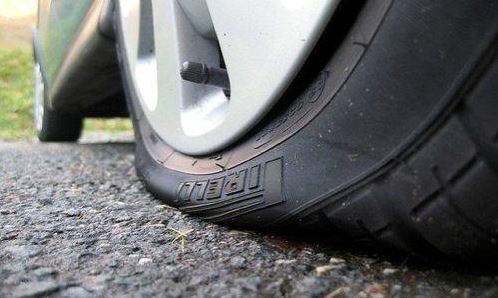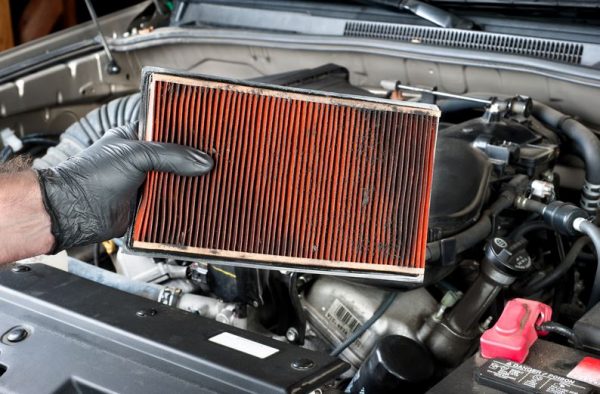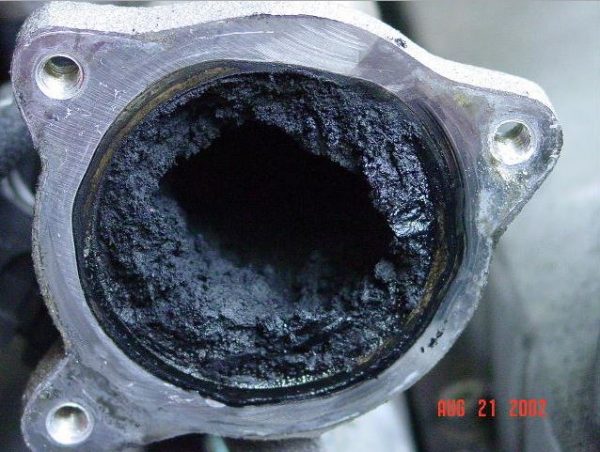Car Maintenance That Does and Doesn’t Increase Fuel Efficiency

Most car owners would like to obtain the best possible fuel efficiency. One of the keys to good gas mileage is keeping your vehicle in tip-top mechanical condition. However, it is important to mention that certain maintenance items do not impact a vehicle’s fuel economy. Here is the car maintenance that does and does not increase fuel efficiency.

An engine’s air filter needs to be replaced periodically. However, do expect a new air filter to improve your vehicle’s fuel efficiency. Modern vehicles are designed with a computerized engine control module that precisely regulates the amount of fuel that is used. Although a dirty air filter does not change the vehicle’s fuel efficiency, it will certainly reduce the performance of the engine.

Your tire pressure can have a big impact on fuel consumption. If you are driving on a set of under-inflated tires, expect your overall fuel efficiency to drop. Due to the increased friction on the road, the engine may use up to 10 percent more fuel. To find the recommended tire pressure for your vehicle, refer to the owner’s manual.

Several reputable studies have revealed that fuel additives do not improve gas mileage. High-quality fuels already contain all of the additives that are necessary to keep your engine clean. Unfortunately, catchy advertisements lead some people to believe that adding a fuel additive will save them gas. Furthermore, some of the fuel additives on the market can potentially damage the various plastic and rubber parts on a car.

A bad oxygen sensor will cause your gas mileage to plummet. In some instances, it may decrease your overall gas mileage by 50 percent. The good news is that most oxygen sensors are designed to last for up to 100,000 miles. Typically, a worn out oxygen sensor will trigger the check engine light.

A clogged EGR valve can have a detrimental impact on gas mileage. The purpose of an EGR valve is to reduce exhaust emissions. Unfortunately, carbon buildup can cause the EGR valve to remain partially open at all times. Although a new EGR valve can be purchased, cleaning it may be the most cost-effective approach.
Although maintenance is critical to the longevity and efficiency of your vehicle, not every maintenance procedure will enhance the gas mileage. Do not forget to also implement the use of efficient driving strategies. Here’s a few tips on how to drive more efficiently:
For the repairs you need to boost your fuel economy, check in at a reputable auto shop.
